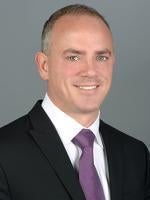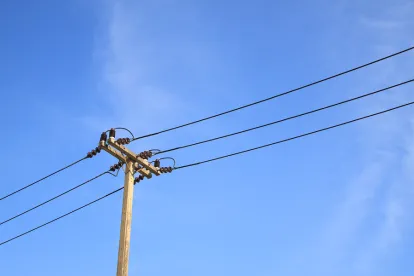The FCC has issued a notice announcing that it is seeking comments on several TCPA issues following the D. C. Circuit’s decision in ACA International v. FCC. Comments are due by June 13, 2018 and reply comments are due by June 28, 2018.
The FCC’s notice follows the filing of a petition by several industry trade groupsseeking clarification of the TCPA’s definition of “automatic telephone dialing system” (ATDS) in light of the D.C. Circuit decision. The FTC seeks comment on the issues described below.
- What constitutes an ATDS
- The TCPA defines an ATDS as “equipment which has the capacity—(A) to store or produce telephone numbers to be called, using a random or sequential number generator; and (B) to dial such numbers.” The D.C. Circuit reversed the FCC’s interpretation of “capacity” as overly expansive. The FCC seeks comments “on how to more narrowly interpret the word ‘capacity’ to better comport with the congressional findings and intended reach of the statute.”
- The FCC seeks comment on the functions a device must perform to qualify as an ATDS. The D.C. Circuit set aside the FCC’s interpretations regarding whether a device must be able to generate and dial random and sequential numbers to be an ATDS and whether a device must be able to dial numbers without human intervention to be an ATDS. The court also noted that uncertainty was created by the FCC’s statement that another “basic function” of an ATDS is “to dial thousands of numbers in a short period of time.” Among the questions asked by the FCC are whether, to be “automatic,” a system must dial numbers without human intervention and dial thousands of numbers in a short period of time (and, if so, what constitutes a short period of time). It also asks whether a system can be an ATDS if it cannot dial random or sequential numbers.
- The D.C. Circuit noted that the statutory prohibition on making calls using an ATDS raised the question of whether the prohibition only applies to calls made using a device’s ATDS functionality. The FCC seeks comment on that question.
- How to treat calls to reassigned numbers
- The TCPA’s autodialed call prohibition excepts calls made “with the prior express consent of the called party.” The D.C. Circuit set aside the FCC’s one-call safe harbor as well as its interpretation that the “called party” means the current subscriber rather than the intended recipient. The FCC seeks comment on how to interpret the term “called party” for calls to reassigned numbers.
- How a called party can revoke prior express consent to receive calls
- The D.C. Circuit upheld the FCC’s ruling that a called party can revoke consent to receive autodialed calls at a wireless number “at any time and through any reasonable means that clearly expresses a desire not to receive further messages.” In response to concerns that the ruling would make it burdensome to adopt systems to implement revocations using methods chosen by consumers, the court observed that “callers will have every incentive to avoid TCPA liability by making available clearly-defined and easy-to-use opt-out methods” and that, if such methods were afforded to consumers, consumers’ use of “idiosyncratic or imaginative revocation requests might well be seen as unreasonable.” The FCC seeks comment on “what opt-out methods would be sufficiently clearly defined and easy to use such that ‘any effort to sidestep the available methods in favor of idiosyncratic or imaginative revocation requests might well be seen as unreasonable.'” (In its 2017 Reyes decision, the Second Circuit held that TCPA consent cannot be revoked when it is part of the bargained-for exchange memorialized in the parties’ contract.)
- Whether contractors acting on behalf of federal, state, and local government are “persons” under the TCPA (The issue as to federal contractors is raised by two pending petitions for reconsideration of the FCC’s 2016 Broadnet Declaratory Ruling. The FCC states that it is seeking renewed comment on the petitions in light of the D.C. Circuit’s decision.)
- The interplay between the Broadnet ruling and the 2015 TCPA amendment that removed a prior express consent requirement for autodialed calls ”made solely to collect a debt owed to or guaranteed by the United States.” The FCC asks whether its 2016 Federal Debt Collection Rules would apply to a federal contractor collecting a federal debt if a federal contractor is not a “person” under the TCPA. (The FCC also seeks renewed comment on a pending petition for reconsideration of its 2016 Federal Debt Collection Rules because the issues raised in the petition include the applicability of the TCPA’s limits on calls to reassigned numbers and such limits were addressed by the D.C. Circuit.)



 />i
/>i
